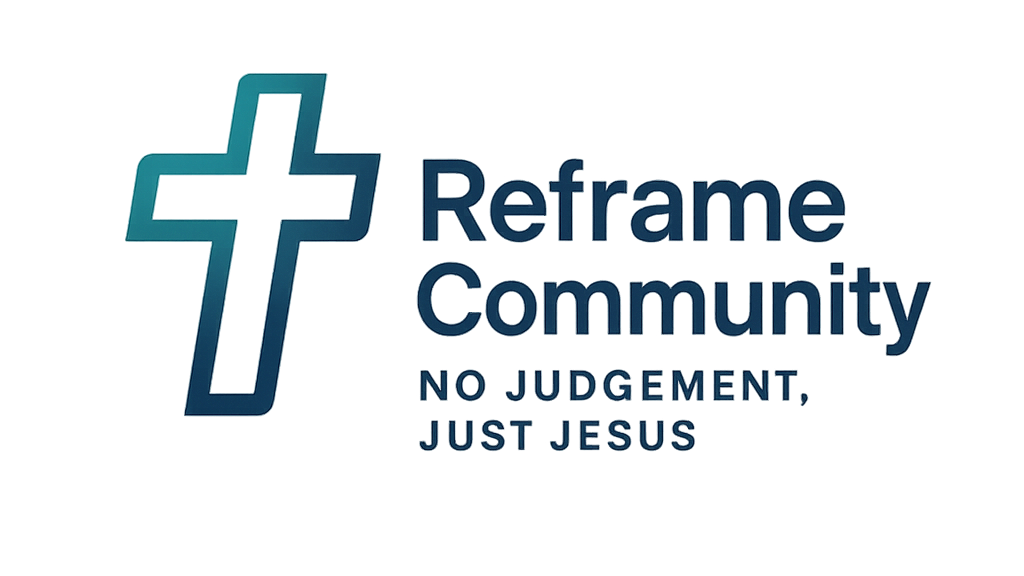The Struggle Behind the Struggle
Anxiety is hard enough on its own, but many people also carry a second burden: shame.
Culturally, we handle mental illness differently than physical illness. If someone has heart disease, no one tells them to “just try harder.” But when the mind struggles, people are told to “just cope better” or “just have more faith.”
Christians may experience this tension even more acutely when they read verses like:
“Do not be anxious about tomorrow” (Matthew 6:34).
“Do not be anxious about anything” (Philippians 4:6).
For someone living with chronic anxiety, these verses can feel overwhelming. Instead of offering comfort, they seem like accusations. The person might think, “If I were a better Christian, I wouldn’t feel this way.” Anxiety then grows with guilt, causing discouragement and even depression.
But these verses were never intended to shame. Instead, they invite us to trust - reminding us that God’s peace can protect our hearts and minds when we surrender our worries to Him.
Discussion Questions:
When you hear Philippians 4:6–7, do you feel encouragement or pressure? Why?
What does it mean that the “peace of God” can guard our hearts and minds? How does this change the way we view prayer and anxiety?
How do stigma and shame worsen anxiety in society and the church? Have you witnessed this in your life or community?
What methods can churches use to establish safe spaces where individuals feel comfortable sharing their struggles?
How can bringing anxiety into the light (before God and trusted community) help break the cycle of silence and shame?
Prayer Prompt:
“Father, thank You that Your Word brings peace, not condemnation. Forgive us for the times we’ve added shame to others' struggles. Teach us to see anxiety through Your grace and help us create spaces where honesty and healing can thrive. Amen.”
